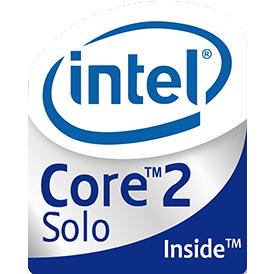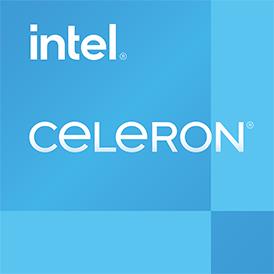 Estimated results for PassMark CPU Mark
Estimated results for PassMark CPU Mark
|
|
Intel Celeron E1200
2C 2T @ 1.6 GHz
|
492
|
|
|
Intel Core2 Solo SU3500
1C 1T @ 1.4 GHz
|
253
|
 Geekbench 5, 64bit (Multi-Core)
Geekbench 5, 64bit (Multi-Core)
|
|
Intel Celeron E1200
2C 2T @ 1.6 GHz
|
301
|
|
|
Intel Core2 Solo SU3500
1C 1T @ 1.4 GHz
|
184
|
 Geekbench 5, 64bit (Single-Core)
Geekbench 5, 64bit (Single-Core)
|
|
Intel Core2 Solo SU3500
1C 1T @ 1.4 GHz
|
184
|
|
|
Intel Celeron E1200
2C 2T @ 1.6 GHz
|
171
|

